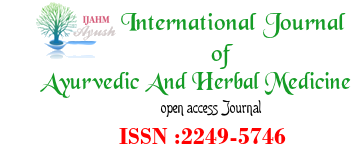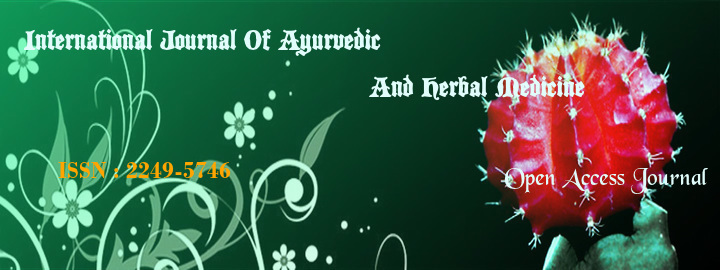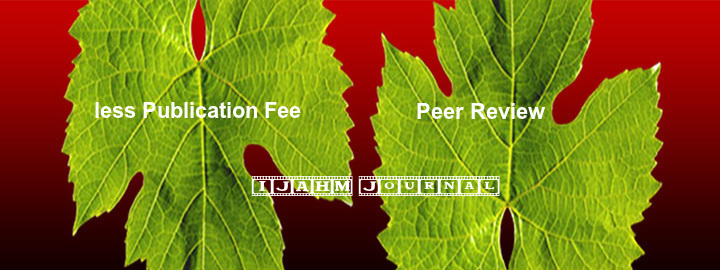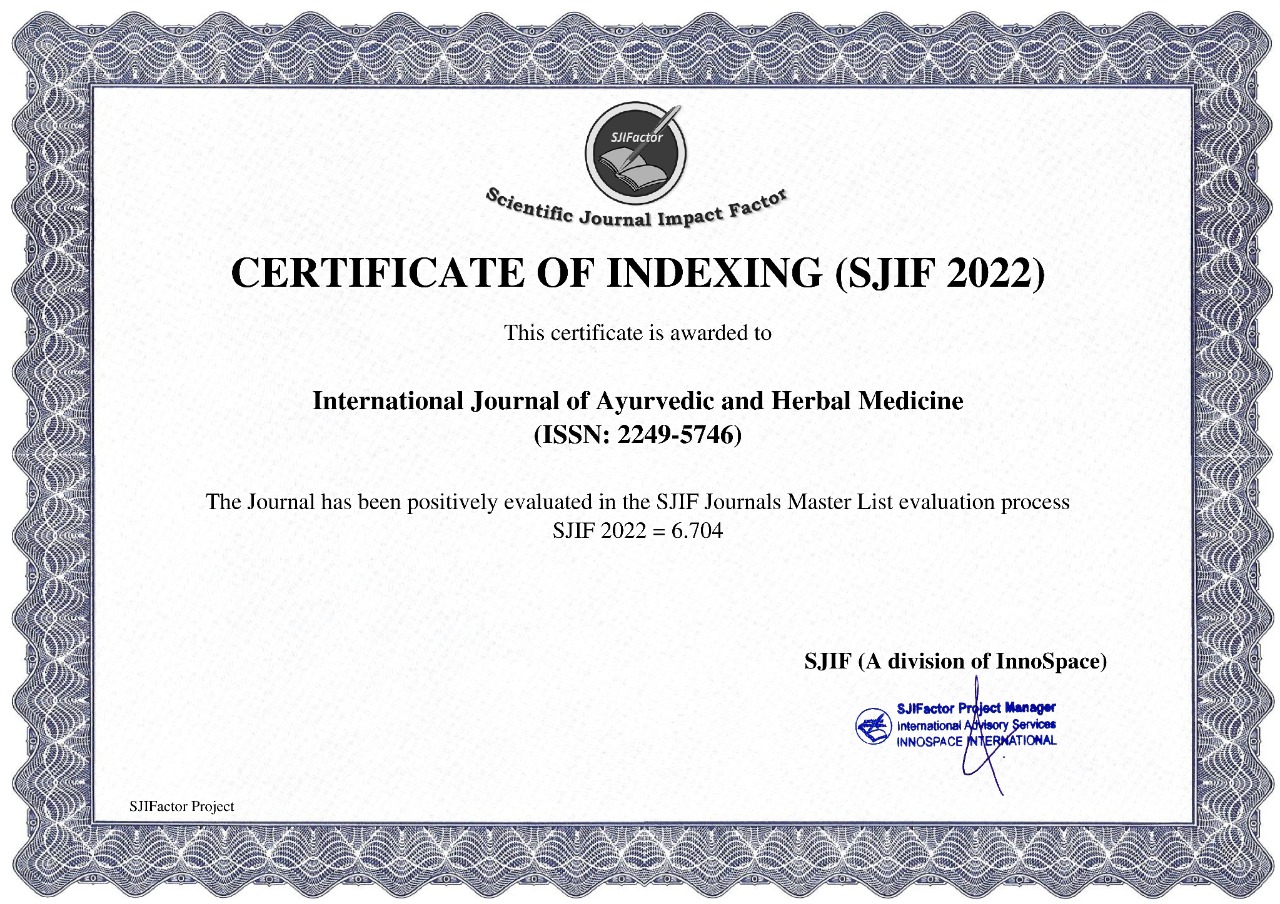


Volume & Issue : Volume 4 Issue 5
|
Özkan O*, Adıgüzel MC, Erdağ D, Bağcıgil AF and Aydın H Departments of Pharmacology and Toxicology, Faculty of Veterinary Medicine, Kafkas University, Kars – 36100, Turkey. Departments of Microbiology, Faculty of Veterinary Medicine, IstanbulUniversity, Istanbul – 34000, Turkey. Departments of Pharmacology and Toxicology, Faculty of Veterinary Medicine, Kafkas University, Kars – 36100, Turkey. Departments of Microbiology, Faculty of Veterinary Medicine, IstanbulUniversity, Istanbul – 34000, Turkey. Departments of Pharmacology and Toxicology, Faculty of Veterinary Medicine, IstanbulUniversity, Istanbul – 34000, Turkey.
*Email:- This email address is being protected from spambots. You need JavaScript enabled to view it.. |
Abstract
Onosma nigricaule and Lathyrus karsianus are a unique endemic plant species in Turkey. Present study reveals the difference in the antimicrobial activity pattern of Onosma nigricaule and Lathyrus karsianus different parts extracted in ethanol and methanol solvents against the pathogenic organisms Klebsiella pneumonia ATCC 4352 , Pseudomonas aeruginosa ATCC 27853, Staphylococcus aureus ATCC 29213, Staphylococcus epidermidis ATCC 12228, Bacillus cereus ATCC 11778, Salmonella enteritidis KUEN 349, Proteus mirabilis CCM1944, Escherichia. coli ATCC 25922, Enterococcus faecalis ATCC 29212. The results of this study suggest that the organic extracts of Onosma nigricaule and Lathyrus karsianus can be a source of natural antimicrobial agents with potential applications.
Key word
Antimicrobial activity, Minimum inhibitory concentration, Onosma nigricaule, Lathyrus karsianus
REFERANCES
1. 1-F
2-E
3-I
4-A
5-M
6-B
7-H
8-K
9-D
10-N
11-Tz
12-Ok
13-1
14-2
15-3
16-Prs
index























